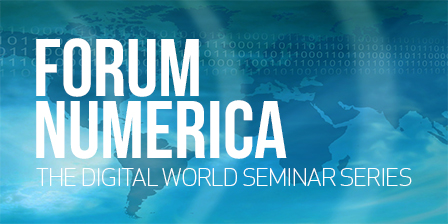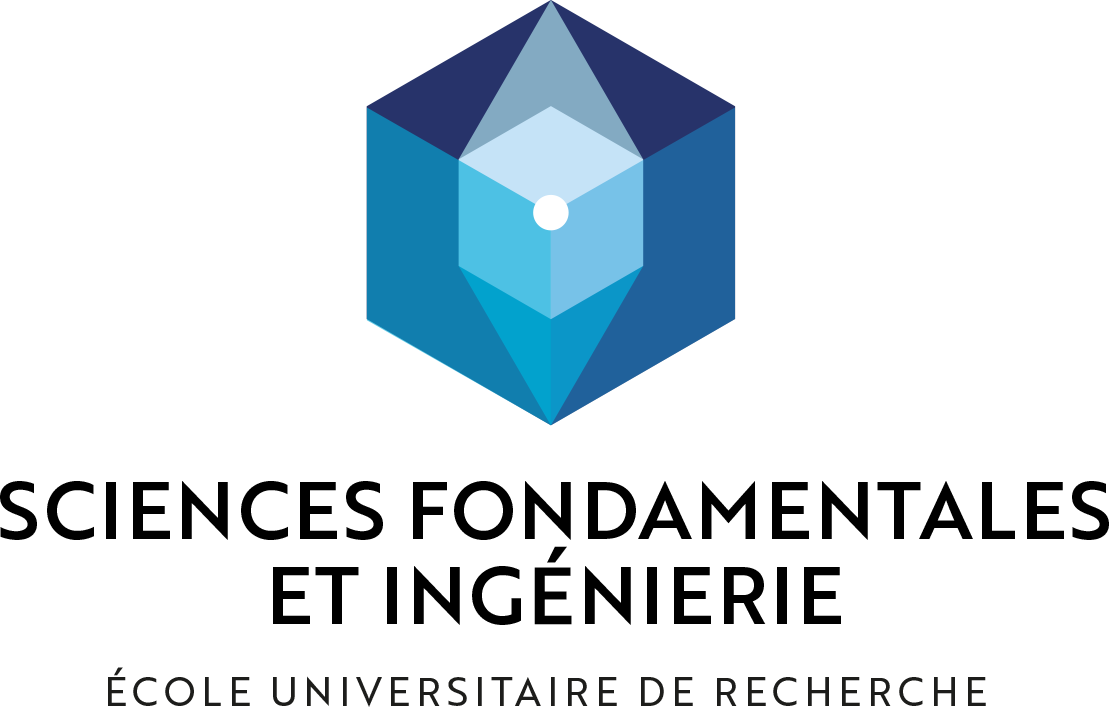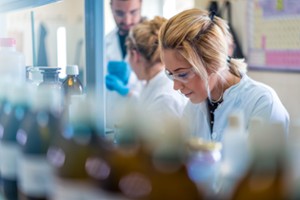Publié le 25 juin 2024
–
Mis à jour le 25 juin 2024
Date(s)
le 27 juin 2024
2pm - 3pm
Lieu(x)
Campus SophiaTech, Templiers, room F222
and online on Zoom
and online on Zoom

The next seminar of Forum Numerica will take place on June 27, 2024. Marc ANTONINI, from i3S Laboratory (Université Côte d'Azur, CNRS) will be the speaker. Doctoral students are encouraged to attend this seminar, and their participation is highly valued by doctoral schools.
- Title : Synthetic DNA as the future of data archiving Technological advances and challenges
- Date : June 27, 2024
- Hour : 2 pm - 3 pm
- Place : Campus SophiaTech, Templiers, room F222 and online on Zoom
Abstract:
The amount of digital data created on the planet is constantly increasing: 90% of it has been generated in the last two years, resulting in exponential consumption of scarce resources and energy, with no absolute guarantee of the integrity and durability of its storage. It should be noted that 70% of data is “cold”, i.e. there is virtually no need to use it over a relatively long period (10 years or more). Digital data storage is therefore becoming a challenge for mankind. Recent studies suggest the use of the DNA molecule as a promising new candidate, which could theoretically hold 215 petabytes in a single gram. Any digital information can be synthesized into DNA in vitro and stored in special tiny capsules that offer storage reliability of several hundred years. The stored DNA sequence can be retrieved at any time using special machines called “sequencers”. In this presentation, we will discuss the state of the art in DNA data storage for the efficient encoding of digital data in a quaternary code consisting of the 4 DNA bases A (Adenine), T (Thymine), C (Cytosine) and G (Guanine). We will also present a promising new solution for encoding digital images in synthetic DNA that we have developed at the i3S laboratory, and which takes into account the constraints associated with storing data on DNA while optimizing the compromise between compression quality and synthesis cost.
Speaker's Bio:
Marc Antonini received a Ph.D. in Electrical Engineering in 1991 and the Habilitation à Diriger des Recherches (HDR) in 2003, both from the University of Nice-Sophia Antipolis (France). He was a postdoctoral fellow at the National Center for Space Studies (CNES, Toulouse, France) in 1991 and 1992. He joined the CNRS in 1993 at the i3S laboratory, affiliated with Université Côte d'Azur and the CNRS, where he has been a "CNRS Research Director" since 2004. He leads the MediaCoding research team at the i3S laboratory.
Since October 2021, he has been the Program Director of the PEPR Exploratory "MoleculArXiv" on massive data storage on DNA and artificial polymers. Since 2020, he has also been the chairman of the international working group JPEG DNA for defining an image coding standard specific to storage on synthetic DNA. His research activities notably cover image and video coding as well as the geometric processing and compression of surface meshes and point clouds. He is also interested in the analysis of information contained in the neural code of the visual system, with bio-inspired applications in image and video compression. For several years, he has initiated work on the storage of digital data in synthetic DNA.
He is the co-founder and scientific advisor of Cintoo (www.cintoo.com), a company he created in 2013. Cintoo develops technologies and solutions to manage and exploit 3D data from reality capture devices in the cloud. He is also the co-founder and Chief Scientific Officer of PearCode (www.pearcode.io), a company he founded in 2022, a spin-off from Université Côte d'Azur and the CNRS. PearCode won the Grand Prix i-Lab from BPI France in 2023. The company addresses private and public organizations wishing to archive digital data by offering a low carbon footprint molecular storage solution using synthetic DNA, ensuring storage durability, data integrity, and security.
He received the CNRS Innovation Medal in 2023.



